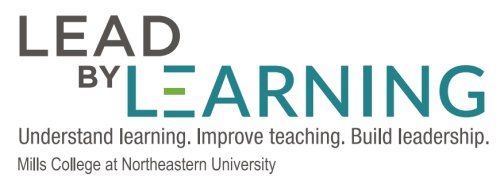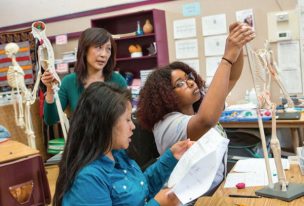Lead by Learning’s Anti-Racist Affinity Networks
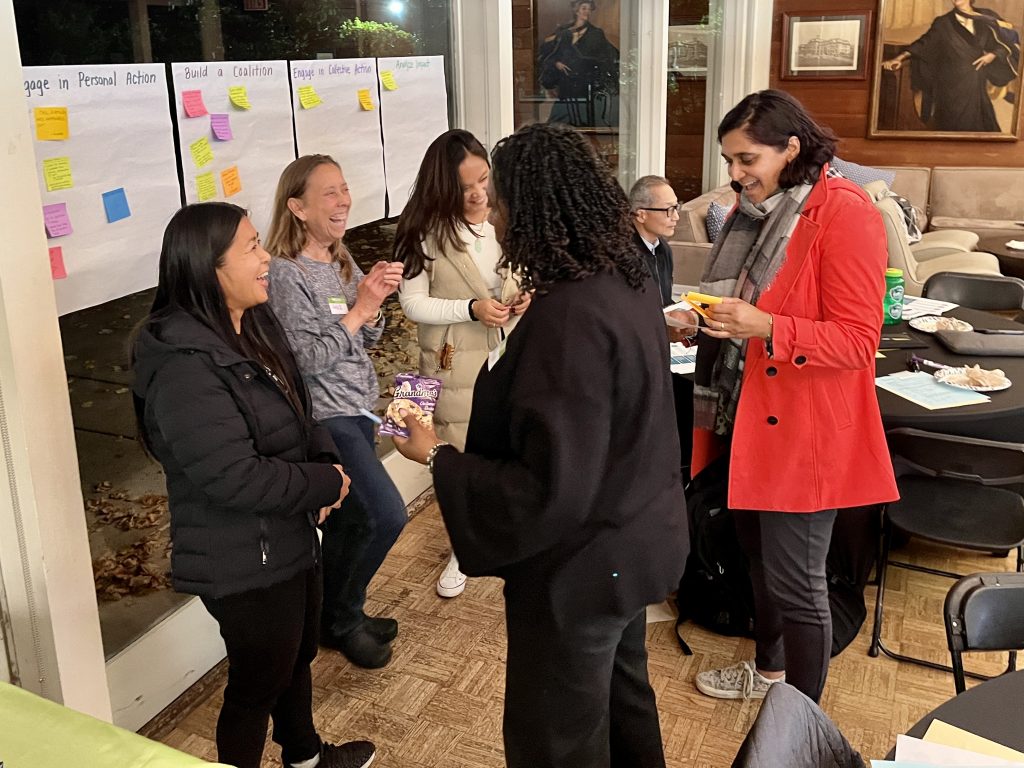
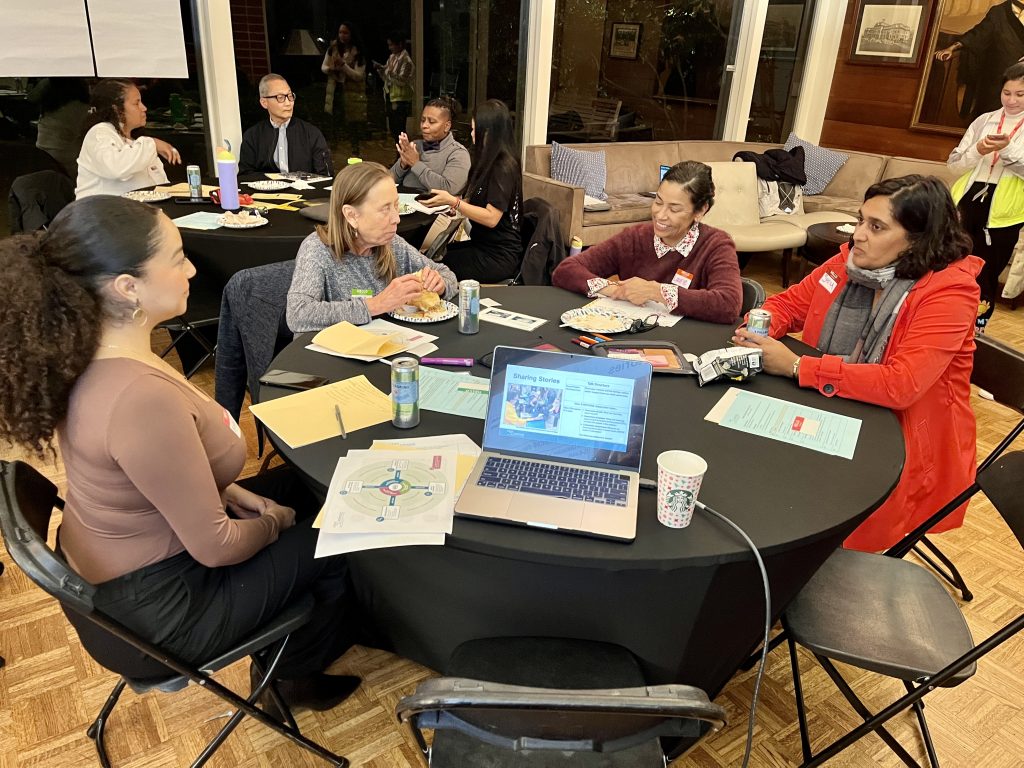
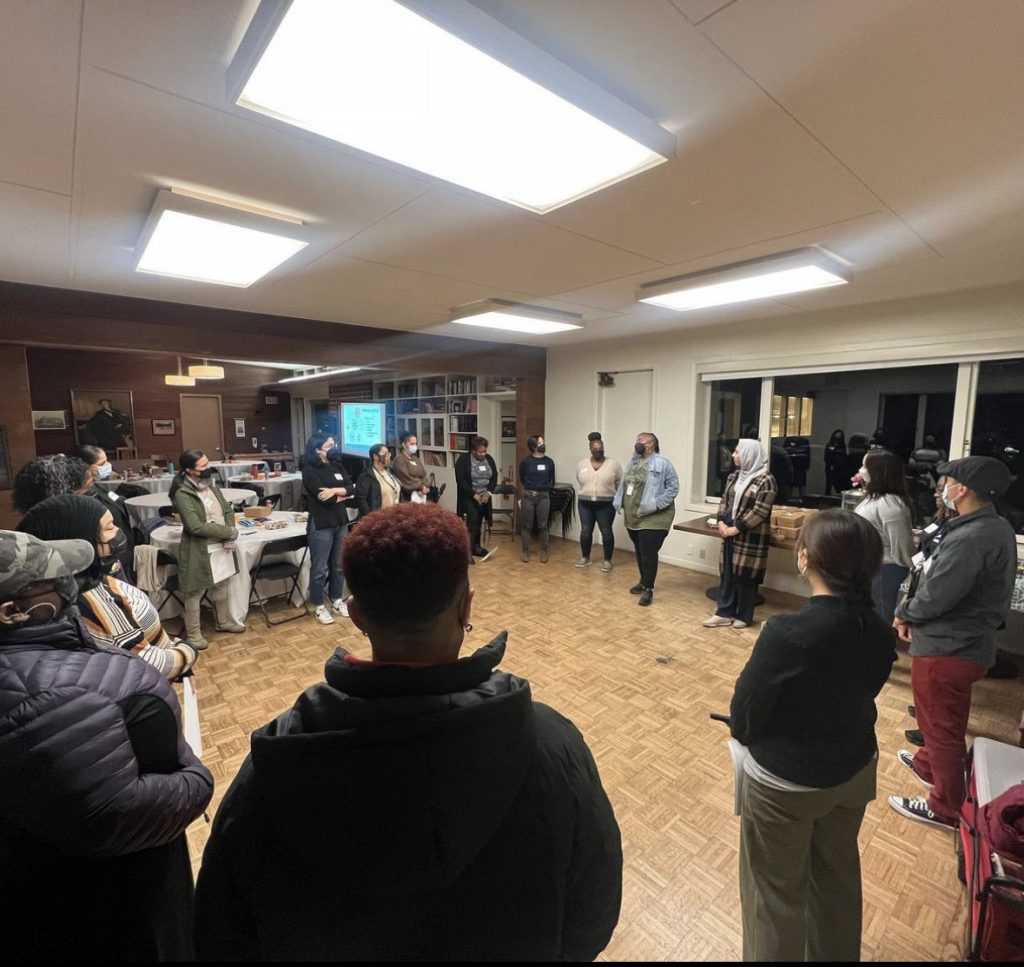
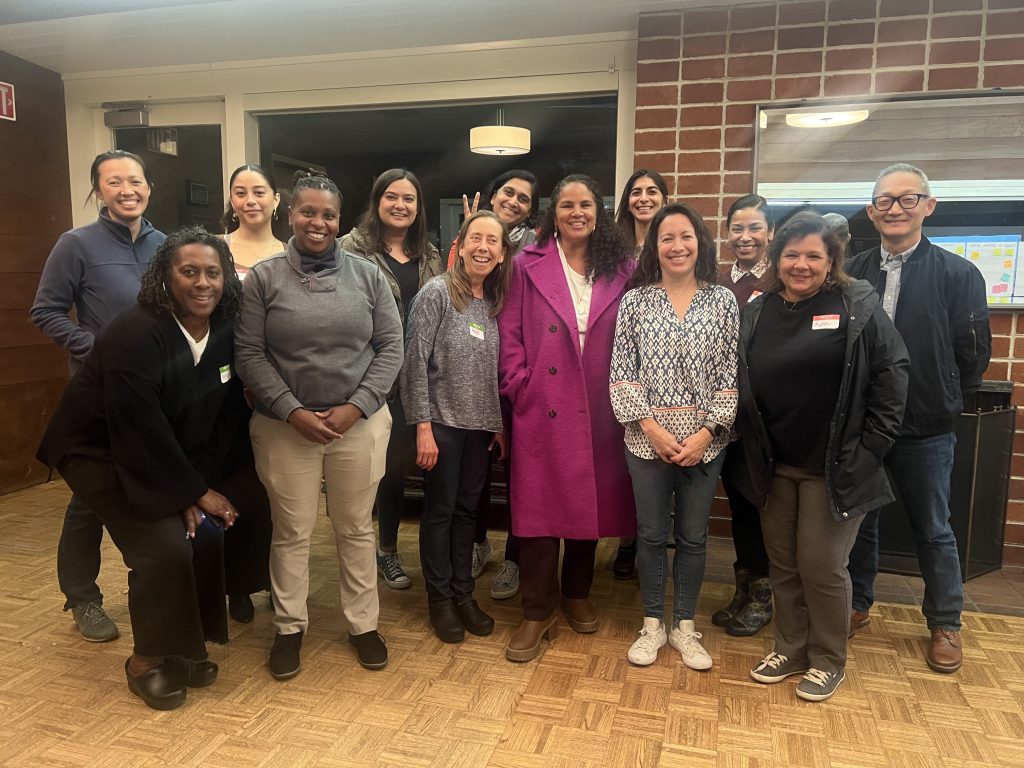
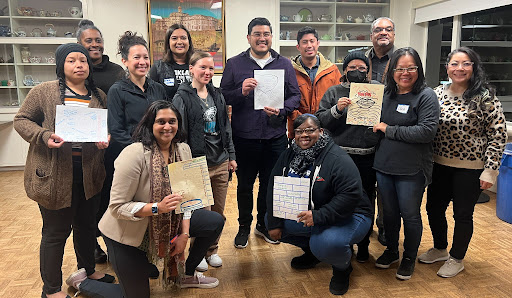
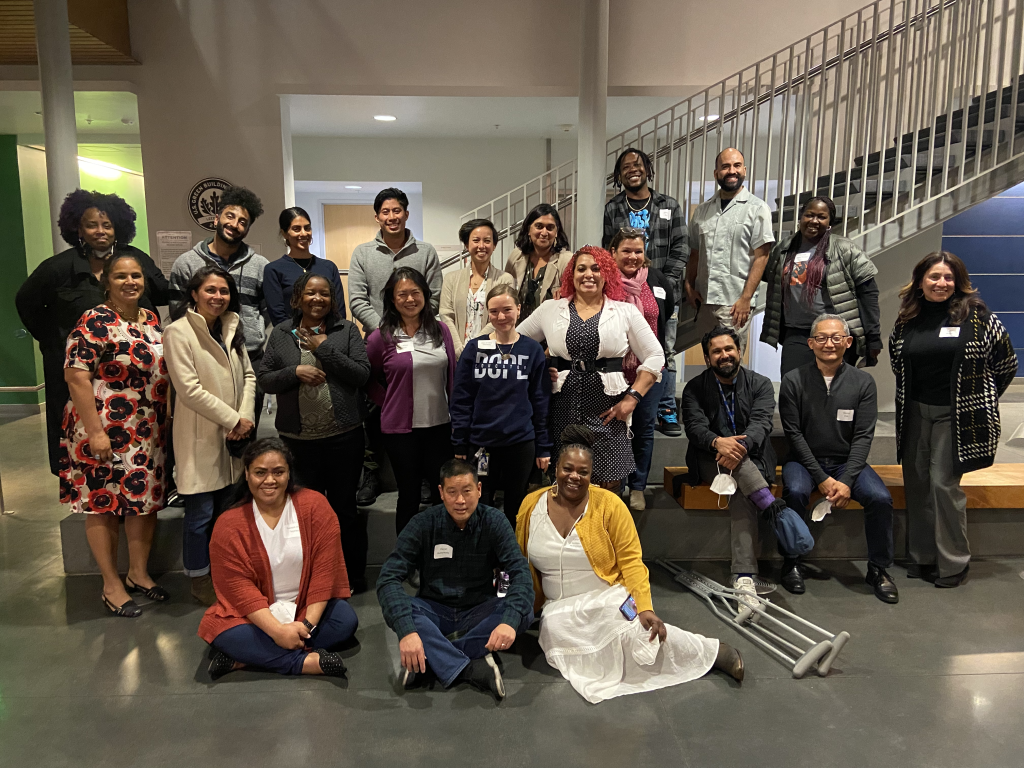
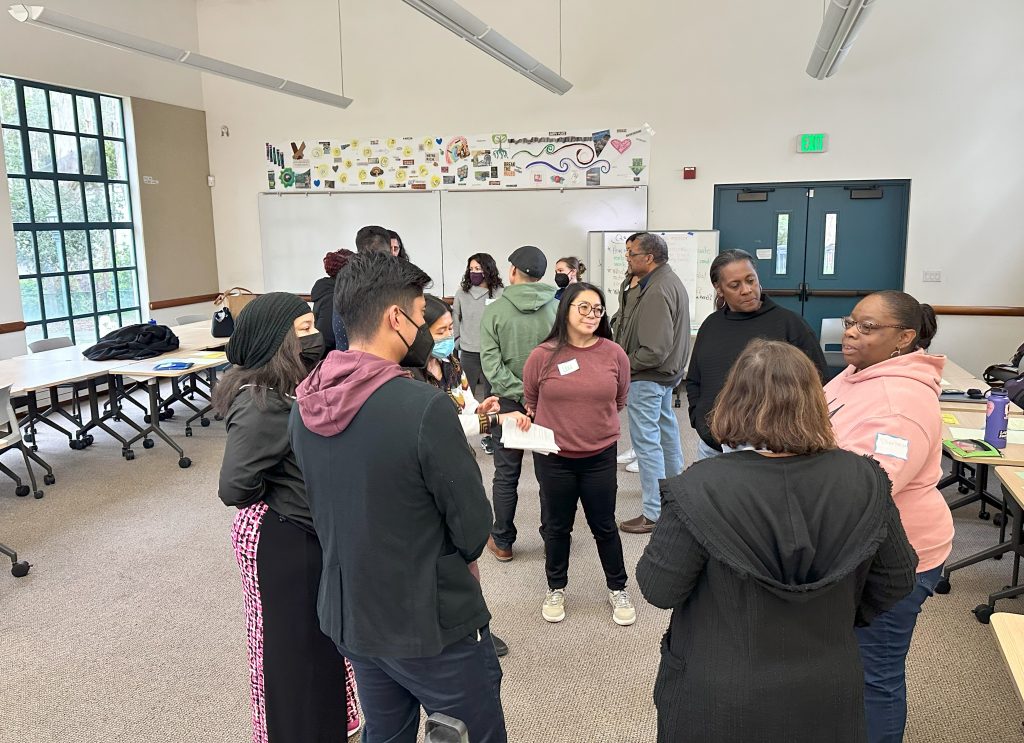
In 2021-22 Lead by Learning started the BIPOC (Black, Indigenous, People of Color) Leaders Network (BLN) in order to create space for BIPOC leaders to share their lived experiences without having to defend, manage other’s feelings or excuse the actions of others. Participants range in roles and experiences within education from classroom educators to district leaders and representation spans across our local Bay Area partnerships encompassing multiple districts and counties. Their stories provide qualitative data that inform frameworks and experiential training to spread awareness, responsibility, and anti-racist action.
In the first year of the BIPOC Leaders Network, 2021-22, our goal was to first and foremost, create a space where BIPOC leaders could be open, feel a sense of belonging and safety, and be in community with other BIPOC leaders. We grounded that year in story; identifying practices and moves that BIPOC leaders rely on in order to thrive in our educational systems. Lead by Learning facilitators lifted up patterns and themes which inspired, our then, beta anti-racist framework.
In our second year, 2021-22, the BIPOC Leaders Network focused on moving from awareness to action, specifically anti-racist action. What does it look like, and how do we engage in it individually and/or collectively? Similar to the first year, the BIPOC Leaders Network engaged in storytelling as a way to share their experiences while activating anti-racist action. As adrienee maree brown states, “What we practice at the small scale sets the patterns for the whole system.” This information was added to our anti-racist framework and the BIPOC Leaders had an opportunity to apply the framework to their own work.
In it’s third year, the BIPOC Leaders Network first gathering this November started off as we do at every BLN session, breaking bread together and building community. BIPOC Leaders spent some quiet time writing an “I Am” poem and then had the opportunity to share some or all of their poems as a way to introduce their full selves into the space, highlighting that we are more than just our racial identities. The evening continued with BIPOC Leaders sharing stories of recent moments where their racial identity played a role in the dynamics of the interaction or situation. Through storytelling, leaders found connections, similarities, and inspiration to name small incremental action moves they want to explore between now and our next meeting. The evening came to a close the same way we started, in community with others. Participants shared:
- “Thank you for the decolonized structure and process.”
- “We can support one another by acknowledging the difficult time and situations we find ourselves in daily in a predominantly white setting.”
- “The importance of telling our stories–creates shared understanding, belonging, and healing.”
Building on the momentum and work of the BLN, Lead by Learning launched a White Educators Antiracist Inquiry Network (WEAIN) in fall 2023 to build a coalition of white educators similarly motivated to work in service of racial justice and shared responsibility. WEAIN is drawing upon Lead by Learning principles and practices to deepen participants’ awareness of systemic racism, the privileges that exist as white people in that system, and how functioning within racist systems can lead one to enact racism in knowing and unknowing ways. Using inquiry as the guide, WEAIN is piloting an approach that centers critical questions, iterative interventions and action, and a learner stance whereby anti-racism is a daily practice and an ongoing project. WEAIN’s ultimate goal is to raise awareness and interrupt default practices and narratives that reinforce white supremacy.
In the first gathering, attendees explored the historical and social construction of race and reflected on their roles within white supremacist systems. After attending the session, educators reported feeling a range of emotions: motivated, challenged, inspired, energized, uneasy, humble, grateful, and more and are considering potential inquiries that may lie ahead.
Participants are actively engaging in inquiry to explore questions related to feelings of comfort around contacting white families vs. families of color, the challenges of interrupting racism with colleagues, inequitable grading practices, culturally relevant SPED practices, defensiveness around receiving personal and/or professional feedback, as well as more broadly exploring each of our roles as active agents within white supremacist systems.
In reflecting on the impact of the space, folks noted the importance of doing this work in affinity spaces in addition to working across differences. As participants noted,
- “I think it was a wonderful, safe space to be vulnerable and work through feelings/action steps.”
- “All white educators need this education.”
Are you a current Lead by Learning partner or alumni who works in or for schools and interested in joining a network? Register here!
Interested in bringing an Anti-Racist Affinity Network to your organization or district? Reach out to talk to a member of our team.
